LLING research projects
Current funded programs
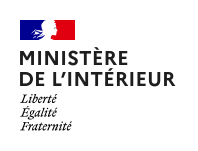
Hamida Demirdache has been appointed Senior Member of the Institut Universitaire de France, effective October 1, 2023, for a period of 5 years. She is a laureate of the Innovation chair.
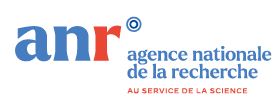 This project, co-directed by Benjamin Spector (IJN/ENS) and Mora Maldonado (LLING), investigates the role played by meaning in shaping lexical form (such as word length or the lexicalization of certain logical words). The respective roles of non-communicative cognitive constraints and communicative efficacy in explaining word-meaning correspondences will be investigated using three case studies.
This project, co-directed by Benjamin Spector (IJN/ENS) and Mora Maldonado (LLING), investigates the role played by meaning in shaping lexical form (such as word length or the lexicalization of certain logical words). The respective roles of non-communicative cognitive constraints and communicative efficacy in explaining word-meaning correspondences will be investigated using three case studies.P1. Sense competition, which may explain why languages exhibit limited synonymy and why there is a “mutual exclusivity” effect in word learning (new words are assigned new meanings).
P2. Frequency of meaning. Zipf's law (*) on abbreviations establishes a link between word frequency and word length. The team of scientists argue that frequencies around the world cannot be ignored in this relationship.
P3. Complexity of meaning. Some words never appear in languages. Focusing on logical words such as connectives and quantifiers, the scientists explore how the complexity of a concept interacts with communicative pressures to appear or not as a lexical item.
The team will then focus on logical words such as connectors and quantifiers.
(*) Zipf's law is an empirical observation concerning the frequency of words in a text.
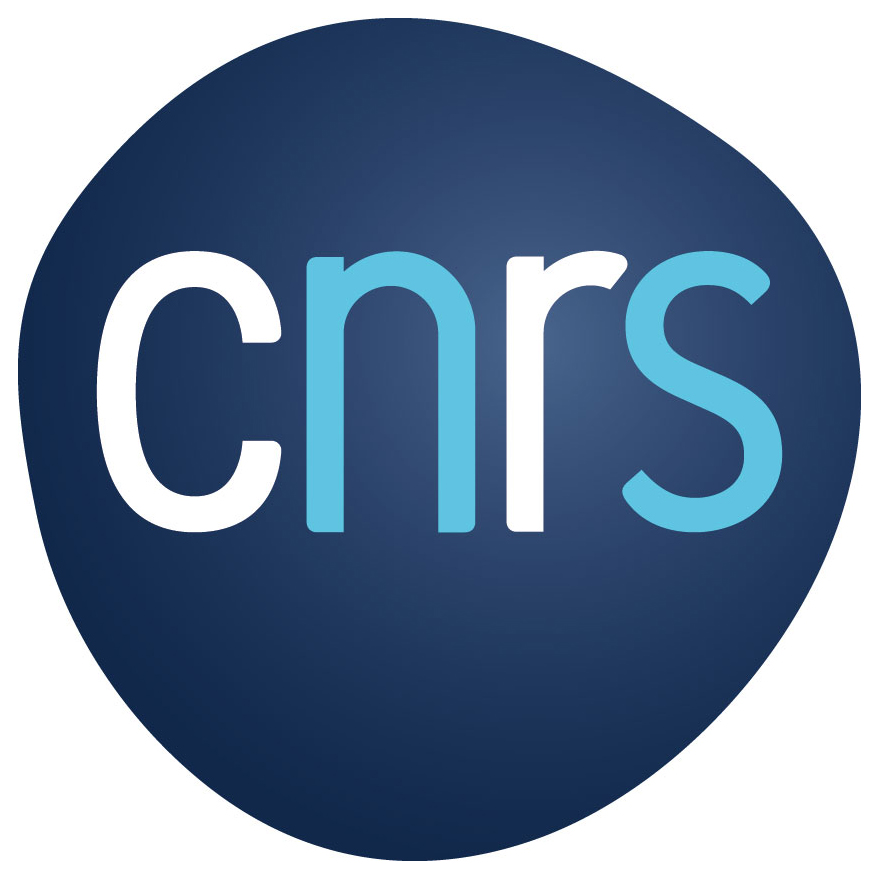
This network started in 2023 under the responsibility of Anamaria Falaus. with partners in the USA (Harvard University, University of California San Diego) and Germany (Leibniz-Zentrum Allgemeine Sprachwissenschaft). It aims to analyze the relevance of logical properties for the study of linguistic phenomena, showing that inferential capacity is an essential component of the semantic competence of speakers and, more generally, of human language capacity. More information to come.
 Work in mathematical cognition has shown that mother tongue has an impact on numerical and arithmetic processing, and on the early learning of these skills. However, there is a lack of work on the links between language and logical cognition, despite the close relationship between language and logical reasoning. The BooLL project, co-sponsored by Hamida Demirdache, Artemis Alexiadou and Aiso Heinze, seeks to fill this gap by developing a new battery of non-verbal tasks to study children's and adults' understanding of logical connectors (NOT, OR, AND, XOR, NOR, NAND), as well as the ability to combine them.
Work in mathematical cognition has shown that mother tongue has an impact on numerical and arithmetic processing, and on the early learning of these skills. However, there is a lack of work on the links between language and logical cognition, despite the close relationship between language and logical reasoning. The BooLL project, co-sponsored by Hamida Demirdache, Artemis Alexiadou and Aiso Heinze, seeks to fill this gap by developing a new battery of non-verbal tasks to study children's and adults' understanding of logical connectors (NOT, OR, AND, XOR, NOR, NAND), as well as the ability to combine them.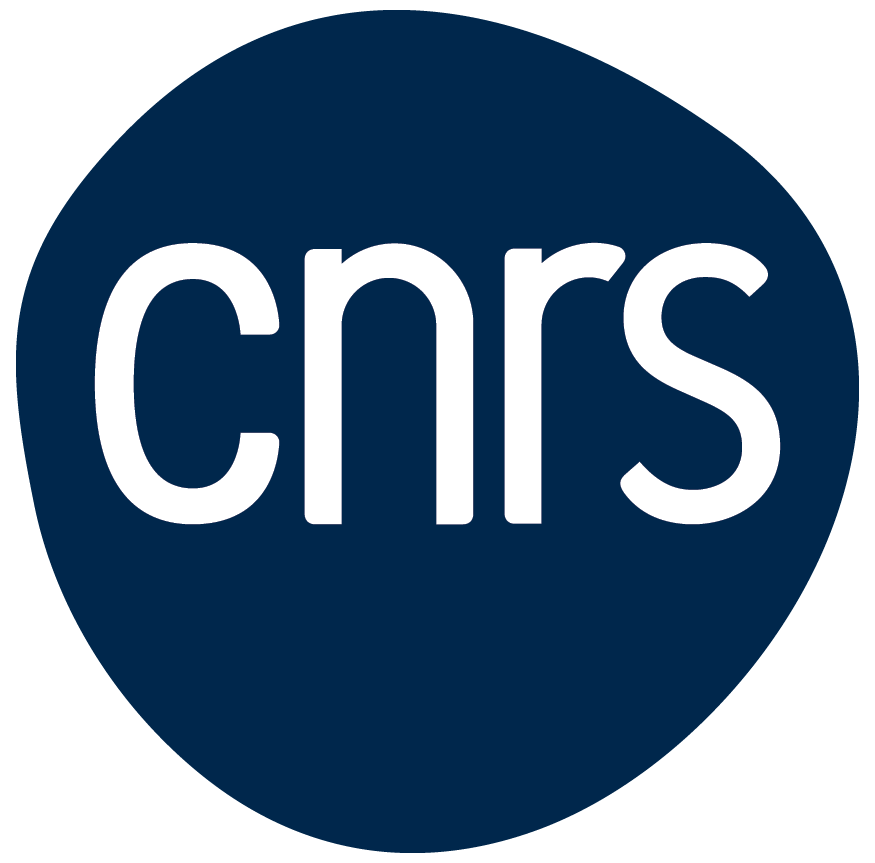 Funded by the CNRS and led by Marta Donazzan (LLING/Nantes Université) and Ana Lucia Müller (Universidade de São Paolo, Brazil), the emerging TAME-INTER project studies the expression of temporal reference in natural language, with a particular focus on describing the parameters that enable the variation observed in temporal interpretation across languages. The work carried out as part of this project uses a descriptive and experimental empirical methodology. The intersection of empirical data (drawn from a selection of languages belonging to typologically different families) and experimental data (psycholinguistic experiments testing the acquisition of TAME categories in these same languages) will inform linguistic theory about the relative weight of grammatical and cognitive constraints on the resolution of temporal reference. The ultimate aim of this emerging project is to pave the way for collaboration between the two teams and between French and Brazilian researchers, with a view to the integration of the CNRS-USP International Research Laboratory.
Funded by the CNRS and led by Marta Donazzan (LLING/Nantes Université) and Ana Lucia Müller (Universidade de São Paolo, Brazil), the emerging TAME-INTER project studies the expression of temporal reference in natural language, with a particular focus on describing the parameters that enable the variation observed in temporal interpretation across languages. The work carried out as part of this project uses a descriptive and experimental empirical methodology. The intersection of empirical data (drawn from a selection of languages belonging to typologically different families) and experimental data (psycholinguistic experiments testing the acquisition of TAME categories in these same languages) will inform linguistic theory about the relative weight of grammatical and cognitive constraints on the resolution of temporal reference. The ultimate aim of this emerging project is to pave the way for collaboration between the two teams and between French and Brazilian researchers, with a view to the integration of the CNRS-USP International Research Laboratory.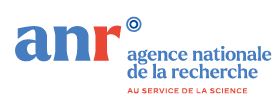 The project is devoted to the ancient and modern languages of South Arabia, using an interdisciplinary approach. The project leader is J. Dufour (ENS PSL / CEFAS). UMR6310 LLING is a partner in the project, under the responsibility of Sabrina Bendjaballah. Further information and ANR website
The project is devoted to the ancient and modern languages of South Arabia, using an interdisciplinary approach. The project leader is J. Dufour (ENS PSL / CEFAS). UMR6310 LLING is a partner in the project, under the responsibility of Sabrina Bendjaballah. Further information and ANR website This international network was launched in January 2020 under the responsibility of S. Bendjaballah.
This international network was launched in January 2020 under the responsibility of S. Bendjaballah.Afroasiatic languages represent an important part of the world's intangible cultural heritage. They are currently facing two challenges: a) some are endangered and threatened with extinction, b) they are characterized by situations where variation plays an important role.
ALL aims to mobilize the expertise of a network of specialists to analyze and provide solutions to these challenges, with an explicit heritage objective.
Ongoing research networks
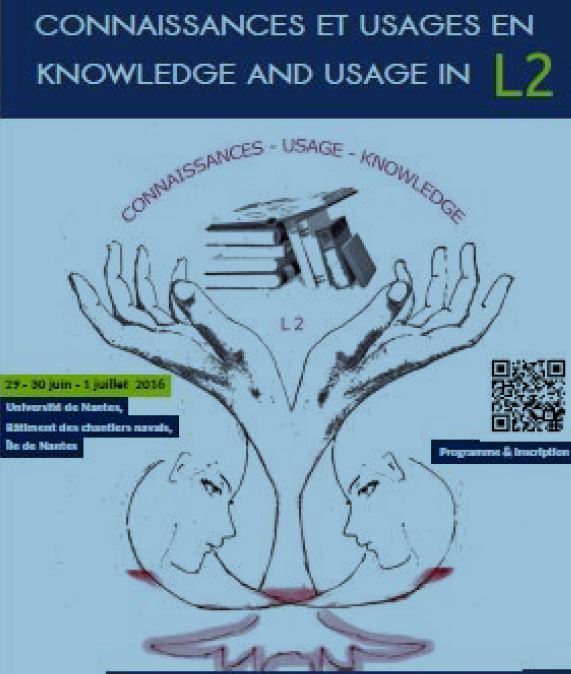 The Réseau Français d'Acquisition des Langues Secondes (ReAL2) brings together researchers and teacher-researchers based at universities and laboratories in France, whose work focuses on second language acquisition. Research in second language acquisition (RAL2) is characterized by a diversification of theoretical and methodological approaches. The aim of the network is to highlight this diversity by comparing results from different approaches and methodologies. In addition, the network aims to put results in language acquisition into a didactic perspective, and to develop the acquisition/didactic interface. In the long term, the network's aim is to create a database of oral and written acquisition data from past and current projects, which are often dispersed and inaccessible to the wider scientific community.
The Réseau Français d'Acquisition des Langues Secondes (ReAL2) brings together researchers and teacher-researchers based at universities and laboratories in France, whose work focuses on second language acquisition. Research in second language acquisition (RAL2) is characterized by a diversification of theoretical and methodological approaches. The aim of the network is to highlight this diversity by comparing results from different approaches and methodologies. In addition, the network aims to put results in language acquisition into a didactic perspective, and to develop the acquisition/didactic interface. In the long term, the network's aim is to create a database of oral and written acquisition data from past and current projects, which are often dispersed and inaccessible to the wider scientific community.En savoir +
 The Language Faculty is a network of researchers in formal linguistics that meets once a year in the spring at the University of Nantes. The aim of the network is to promote research in formal linguistics in language departments and UFRs. It is anchored in French national structures and linked to recognized researchers in the field in German-speaking countries.
The Language Faculty is a network of researchers in formal linguistics that meets once a year in the spring at the University of Nantes. The aim of the network is to promote research in formal linguistics in language departments and UFRs. It is anchored in French national structures and linked to recognized researchers in the field in German-speaking countries.Language Faculty
 The aim of this research group is twofold. On the one hand, to propose an adequate linguistic description of the languages spoken in Djibouti, mainly Somali and Afar, and on the other, to address questions of general theoretical interest in phonetics, phonology, morphology and morphosyntax. ERLLAD
The aim of this research group is twofold. On the one hand, to propose an adequate linguistic description of the languages spoken in Djibouti, mainly Somali and Afar, and on the other, to address questions of general theoretical interest in phonetics, phonology, morphology and morphosyntax. ERLLAD
Financed programs completed
Amadeus - Franco-Austrian Partenariat Hubert Curien (PHC) 2021

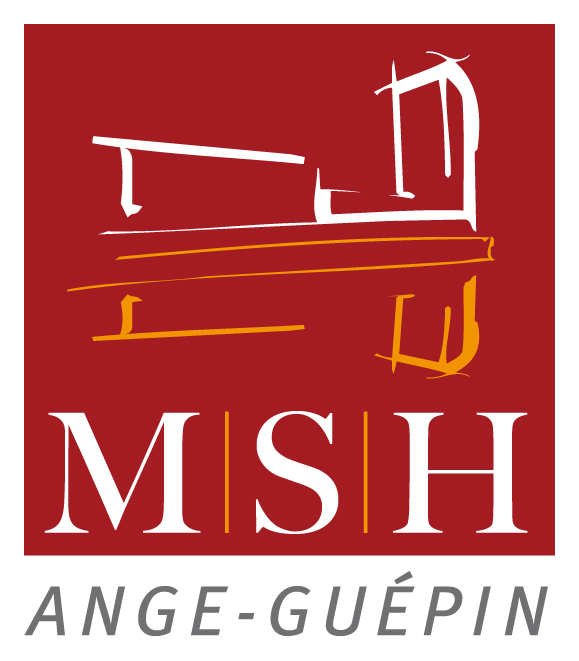 The aim is to study the mechanisms of production and perception of language, speech and voice, in the form of multidisciplinary seminars. Project headed by Olivier Crouzet.
The aim is to study the mechanisms of production and perception of language, speech and voice, in the form of multidisciplinary seminars. Project headed by Olivier Crouzet.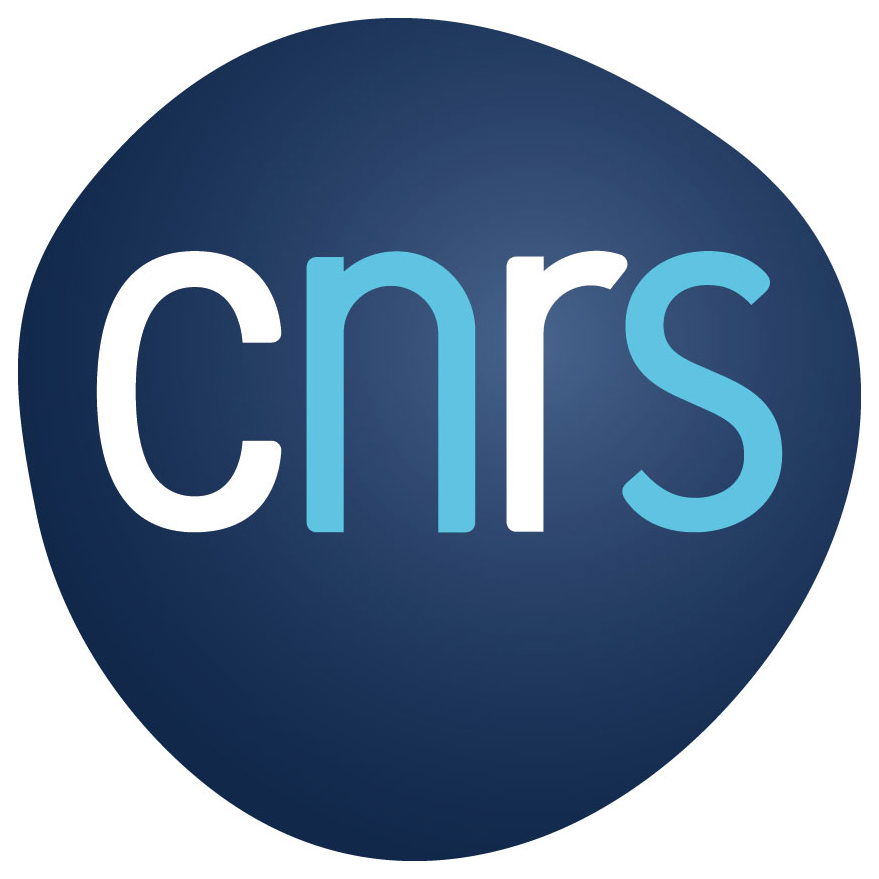 Funded by the CNRS, and led by H. Demirdache, the CHILL SERIOUS GAMES project aims to create two Serious Games designed to develop new, fun and interactive learning and training methods for multilingual and allophone children and adults, in the fields of mathematics and language: (i) Mathematics: the “Cool Boole School” Game, which involves building simple and complex logical functions from Boolean algebra; (ii) Language: the “Linguistics School” Game, which involves understanding and manipulating the logical vocabulary of languages. This creation of Serious Games (technological development) is also well thought-out from a research point of view. Indeed, while these games are aimed at providing learners with better support in mathematical and linguistic cognition, they will also be used as experimental protocols for measuring skills, comparing them with conventional assessments, and determining the influences of language on mathematical cognition.
Funded by the CNRS, and led by H. Demirdache, the CHILL SERIOUS GAMES project aims to create two Serious Games designed to develop new, fun and interactive learning and training methods for multilingual and allophone children and adults, in the fields of mathematics and language: (i) Mathematics: the “Cool Boole School” Game, which involves building simple and complex logical functions from Boolean algebra; (ii) Language: the “Linguistics School” Game, which involves understanding and manipulating the logical vocabulary of languages. This creation of Serious Games (technological development) is also well thought-out from a research point of view. Indeed, while these games are aimed at providing learners with better support in mathematical and linguistic cognition, they will also be used as experimental protocols for measuring skills, comparing them with conventional assessments, and determining the influences of language on mathematical cognition.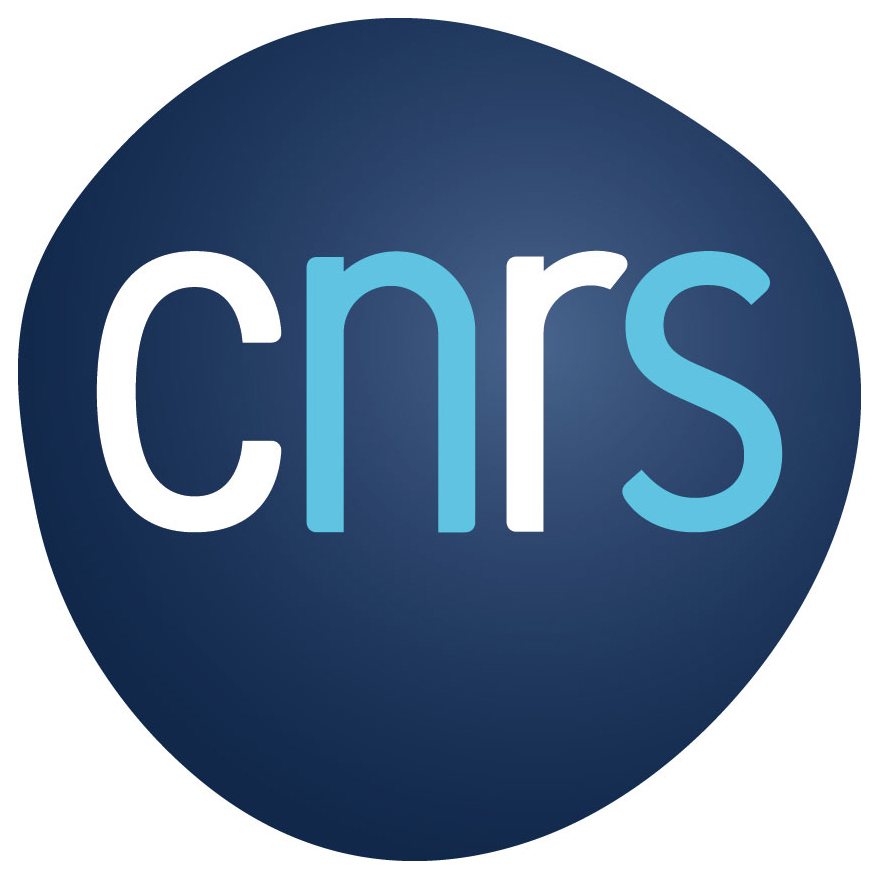 The main aim of this project is to provide a systematic description of the verbal group and sentence in Romanian, in comparison with other Romance languages. In addition, important theoretical contributions, based on large-scale empirical studies, will help to finalize the work “Reference Grammar of Romanian” (whose first volume Noun Phrase, focusing on the nominal group, was published in December 2013 by John Benjamins). Expected results: (i) research: in parallel with the development of the second volume of the grammar, which has an empirical orientation, the theoretical consequences of this work will be explored in research articles. (ii) training: theses and postdoc projects supervised by LIA members (iii) applications: L2 teaching of Romanian, study of French-Romanian bilingual textbooks. The scientific coordinators of this project are Carmen Dobrovie-Sorin (UMR 7110 Laboratoire de Linguistique Formelle, CNRS/Université Paris Diderot) and Ion Giurgea (Institut de Linguistique “Iorgu Iordan - Alexandru Rosetti”). The Laboratoire de Linguistique de Nantes (UMR 6310 LLING CNRS/Université de Nantes) is a partner in this project.
The main aim of this project is to provide a systematic description of the verbal group and sentence in Romanian, in comparison with other Romance languages. In addition, important theoretical contributions, based on large-scale empirical studies, will help to finalize the work “Reference Grammar of Romanian” (whose first volume Noun Phrase, focusing on the nominal group, was published in December 2013 by John Benjamins). Expected results: (i) research: in parallel with the development of the second volume of the grammar, which has an empirical orientation, the theoretical consequences of this work will be explored in research articles. (ii) training: theses and postdoc projects supervised by LIA members (iii) applications: L2 teaching of Romanian, study of French-Romanian bilingual textbooks. The scientific coordinators of this project are Carmen Dobrovie-Sorin (UMR 7110 Laboratoire de Linguistique Formelle, CNRS/Université Paris Diderot) and Ion Giurgea (Institut de Linguistique “Iorgu Iordan - Alexandru Rosetti”). The Laboratoire de Linguistique de Nantes (UMR 6310 LLING CNRS/Université de Nantes) is a partner in this project. OASIS est un réseau international de recherche basé sur l'idée qu'il existe une ontologie sémantique formelle dont la caractérisation précise reste à découvrir, non seulement à travers les méthodes de la sémantique de la théorie des modèles, mais aussi à travers la théorie syntaxique et la psychologie cognitive (les « interfaces avec la sémantique »). En étudiant l'ontologie de cette manière, nous approfondirons notre compréhension de la division du travail entre le langage et la pensée. La recherche est basée sur les principes suivants : (i) il existe une ontologie sémantique formelle ; (ii) sa relation avec la grammaire est importante ; (iii) sa relation avec la cognition est importante ; (iv) la communication entre les différents cadres est intéressante.
OASIS est un réseau international de recherche basé sur l'idée qu'il existe une ontologie sémantique formelle dont la caractérisation précise reste à découvrir, non seulement à travers les méthodes de la sémantique de la théorie des modèles, mais aussi à travers la théorie syntaxique et la psychologie cognitive (les « interfaces avec la sémantique »). En étudiant l'ontologie de cette manière, nous approfondirons notre compréhension de la division du travail entre le langage et la pensée. La recherche est basée sur les principes suivants : (i) il existe une ontologie sémantique formelle ; (ii) sa relation avec la grammaire est importante ; (iii) sa relation avec la cognition est importante ; (iv) la communication entre les différents cadres est intéressante.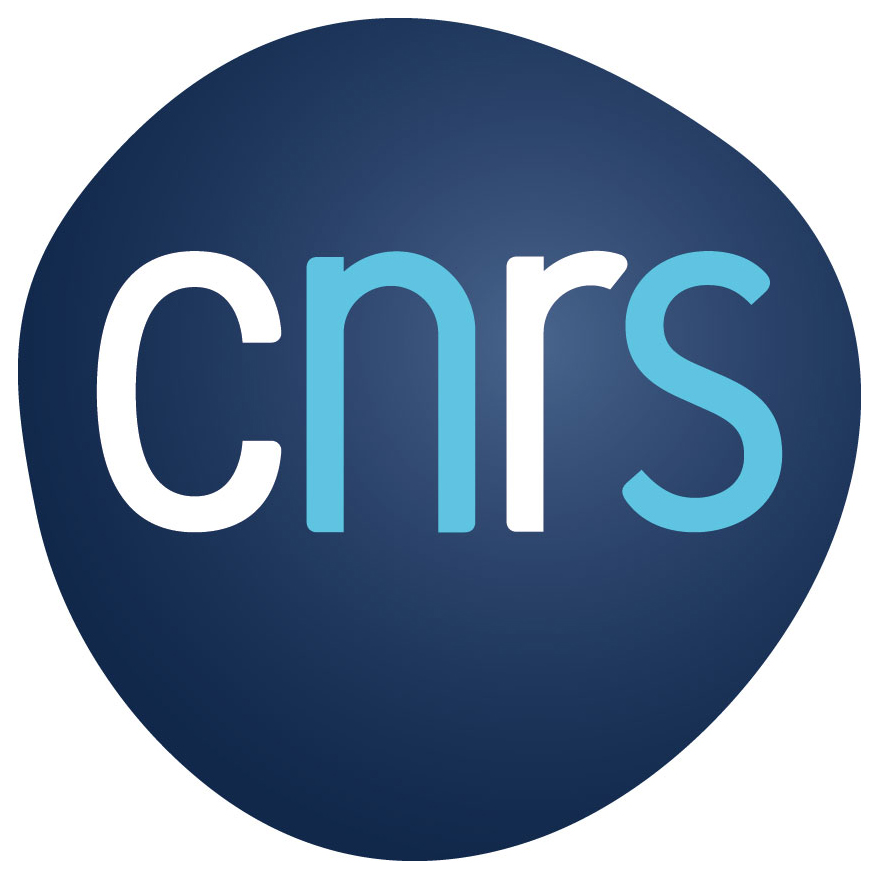 Research project led by Olivier Crouzet, in collaboration with E. Gaudrain, CAP- Auditory Cognition and Psychoacoustics team, UMR 5292 CRNL. When a listener perceives a speech signal, he has to implement mechanisms that are confronted with two major classes of uncertainty. On the one hand, uncertainty concerning the content of the message, which is linked to the identity of the meaning-carrying elements in the utterance, and on the other, uncertainty associated with physical and sensory variation, which is characterized by the question of the relationships between the physical phenomenon whose properties are not stable and the categories represented. The present project aims to understand how these phenomena of uncertainty processing at different levels are handled by listeners. It has implications for themes at the heart of current research, notably on deaf patients with cochlear implants.
Research project led by Olivier Crouzet, in collaboration with E. Gaudrain, CAP- Auditory Cognition and Psychoacoustics team, UMR 5292 CRNL. When a listener perceives a speech signal, he has to implement mechanisms that are confronted with two major classes of uncertainty. On the one hand, uncertainty concerning the content of the message, which is linked to the identity of the meaning-carrying elements in the utterance, and on the other, uncertainty associated with physical and sensory variation, which is characterized by the question of the relationships between the physical phenomenon whose properties are not stable and the categories represented. The present project aims to understand how these phenomena of uncertainty processing at different levels are handled by listeners. It has implications for themes at the heart of current research, notably on deaf patients with cochlear implants. This research project, led by Anamaria FALAUS, seeks to demonstrate and explain the relevance of logical properties for the study of linguistic phenomena. The fundamental question is how the human capacity for language and the inferential/logical system it exploits fit together. By choosing as its empirical domain a linguistic phenomenon particularly sensitive to logical properties - polarity, this project aims to demonstrate that characterizing and understanding the relationship between language and logic is not only indispensable to the study of language, but also constitutes a valuable tool for addressing variation attested across natural languages.
This research project, led by Anamaria FALAUS, seeks to demonstrate and explain the relevance of logical properties for the study of linguistic phenomena. The fundamental question is how the human capacity for language and the inferential/logical system it exploits fit together. By choosing as its empirical domain a linguistic phenomenon particularly sensitive to logical properties - polarity, this project aims to demonstrate that characterizing and understanding the relationship between language and logic is not only indispensable to the study of language, but also constitutes a valuable tool for addressing variation attested across natural languages.Financement séminaires pluridisciplinaires MSH Ange-Guépin

LLING and LPPL would like to develop an interdisciplinary “Methodologies in Cognitive Sciences” seminar, focusing on eyetracking and electrophysiological imaging, from the formulation of relevant questions from a multidisciplinary point of view, to data acquisition, via the visualization of the data obtained. This 2019 seminar would take the form of 4 thematic sessions. It should be noted that this interdisciplinary seminar is not only open to the humanities and social sciences, and that other disciplines (e.g. health) will be systematically invited to the sessions.
 The NeuroLinguistic Approach (NLA) is a methodology for learning French as a second language, created and designed by Germain & Netten (Germain, 2017). Our team, which brings together specialists in language sciences, psychology and educational sciences, is part of an international ANL research network formed in September 2018. This network brings together researchers from Canada, China, France (Nantes, Angers, Poitiers) and Japan, with issues relating to second language acquisition via ANL. The organization has been led since 2018 by David Bel of South China Normal University in Guangzhou. This year, two seminars will be held in Nantes and should lead to the preparation of a response to a joint call for projects.
The NeuroLinguistic Approach (NLA) is a methodology for learning French as a second language, created and designed by Germain & Netten (Germain, 2017). Our team, which brings together specialists in language sciences, psychology and educational sciences, is part of an international ANL research network formed in September 2018. This network brings together researchers from Canada, China, France (Nantes, Angers, Poitiers) and Japan, with issues relating to second language acquisition via ANL. The organization has been led since 2018 by David Bel of South China Normal University in Guangzhou. This year, two seminars will be held in Nantes and should lead to the preparation of a response to a joint call for projects.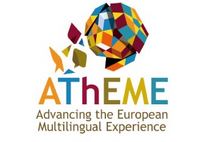 AThEME is a 5-year collaborative research project on multilingualism in Europe. Researchers from 17 partner institutions in 8 European countries will study cognitive, linguistic and sociological issues in multilingual Europe, and evaluate existing public policies and practices in the fields of education and health. LLING is the coordinator of the WP3 work program on heritage language knowledge and acquisition.
AThEME is a 5-year collaborative research project on multilingualism in Europe. Researchers from 17 partner institutions in 8 European countries will study cognitive, linguistic and sociological issues in multilingual Europe, and evaluate existing public policies and practices in the fields of education and health. LLING is the coordinator of the WP3 work program on heritage language knowledge and acquisition.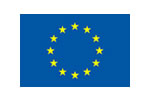 This project, led by Olivier Crouzet, explores the perceptual mechanisms involved in adapting to speaker voice variation in vowel perception in speakers with and without hearing impairment. It is the fruit of a collaboration between LLING and the University Medical Center Groningen (UMCG) in the Netherlands. It has received financial support from the CPER DI2L2S (2016), INSHS-CNRS (Soutien à la Mobilité Internationale program - 2017) and the European community (Marie Skłodowska-Curie mobility grants, convention PRESTIGE-2017-2-0044, 2017-2018).
This project, led by Olivier Crouzet, explores the perceptual mechanisms involved in adapting to speaker voice variation in vowel perception in speakers with and without hearing impairment. It is the fruit of a collaboration between LLING and the University Medical Center Groningen (UMCG) in the Netherlands. It has received financial support from the CPER DI2L2S (2016), INSHS-CNRS (Soutien à la Mobilité Internationale program - 2017) and the European community (Marie Skłodowska-Curie mobility grants, convention PRESTIGE-2017-2-0044, 2017-2018). Le projet est consacré au mehri d'Oman, au jibbli et au hobyot, langues sudarabiques modernes (SaM, famille sémitique), parlées en Oman. Deux raisons le motivent : ces langues sont en danger (minoritaires, sans statut officiel) et sont sous-étudiées et, de ce fait, minorées en sémitique. À la nécessité de recueillir des données nouvelles s'ajoute donc l'urgence de le faire. Le projet a deux objectifs : 1) documentation : actualisation et accroissement des données disponibles en mehri d'Oman, jibbli et hobyot ; constitution de corpus électroniques systématiques, qui seront stockés, archivés et mis à la disposition des chercheurs ; 2) analyse linguistique, centrée sur quatre points : phonétique/phonologie du larynx ; structure morphologique du système verbal ; détermination et modification du nom ; dialectologie, comparatisme. Ces points ont été sélectionnés en raison de a) l'insuffisance actuelle de leur description et analyse, b) leur pertinence pour la théorie linguistique, c) leur aspect fédérateur dans l'équipe.
Le projet est consacré au mehri d'Oman, au jibbli et au hobyot, langues sudarabiques modernes (SaM, famille sémitique), parlées en Oman. Deux raisons le motivent : ces langues sont en danger (minoritaires, sans statut officiel) et sont sous-étudiées et, de ce fait, minorées en sémitique. À la nécessité de recueillir des données nouvelles s'ajoute donc l'urgence de le faire. Le projet a deux objectifs : 1) documentation : actualisation et accroissement des données disponibles en mehri d'Oman, jibbli et hobyot ; constitution de corpus électroniques systématiques, qui seront stockés, archivés et mis à la disposition des chercheurs ; 2) analyse linguistique, centrée sur quatre points : phonétique/phonologie du larynx ; structure morphologique du système verbal ; détermination et modification du nom ; dialectologie, comparatisme. Ces points ont été sélectionnés en raison de a) l'insuffisance actuelle de leur description et analyse, b) leur pertinence pour la théorie linguistique, c) leur aspect fédérateur dans l'équipe.Consulter le site OmanSaM
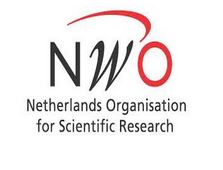 Réseau européen financé par NWO (The Netherlands Organisation for Scientific Research), coordonné par Angeliek Van Hout (Center for Language and Cognition Groningen). Il s'agit d'un projet qui réunit 9 institutions de 7 pays européens (Université de Nantes, LLING ; Université Autonome de Barcelone; Université de Cambridge ; Université de Greenwich ; Université de Groningen, CLCG ; Université de Milano-Bicocca ; Université de Nova de Lisboa; Université de Pompeu Fabra Barcelona Zentrum fur Allgemeine Sprachwissenschaft, Berlin). Les recherches menées dans le cadre de ce projet portent sur l'acquisition du sens, en combinant les avancées théoriques les plus récentes en sémantique et pragmatique formelles avec des protocoles expérimentaux sophistiqués. Le projet est centré sur le langage enfantin, à travers différentes types de langues, mais inclut également des recherches qui concernent d'autres types d'apprenants (apprenants de langues secondes, bilingues, ou de langues d'héritage).
Réseau européen financé par NWO (The Netherlands Organisation for Scientific Research), coordonné par Angeliek Van Hout (Center for Language and Cognition Groningen). Il s'agit d'un projet qui réunit 9 institutions de 7 pays européens (Université de Nantes, LLING ; Université Autonome de Barcelone; Université de Cambridge ; Université de Greenwich ; Université de Groningen, CLCG ; Université de Milano-Bicocca ; Université de Nova de Lisboa; Université de Pompeu Fabra Barcelona Zentrum fur Allgemeine Sprachwissenschaft, Berlin). Les recherches menées dans le cadre de ce projet portent sur l'acquisition du sens, en combinant les avancées théoriques les plus récentes en sémantique et pragmatique formelles avec des protocoles expérimentaux sophistiqués. Le projet est centré sur le langage enfantin, à travers différentes types de langues, mais inclut également des recherches qui concernent d'autres types d'apprenants (apprenants de langues secondes, bilingues, ou de langues d'héritage).En savoir +
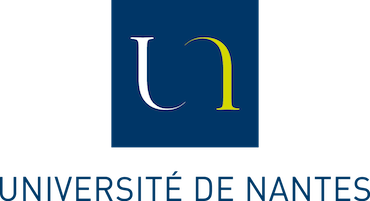 Ce programme, dirigé par Olivier Crouzet et mené en collaboration avec plusieurs professionnels de santé (orthophonistes et médecins ORL) du CHU de Nantes, a pour ambitions d'aboutir à une meilleure compréhension des propriétés des nasales du français en perception et en production à travers l'évaluation de leur composante dynamique ; et à une amélioration de la prise en charge des patients en ouvrant sur des perspectives alternatives pour la rééducation du contrôle vélopharyngé et l'analyse acoustique / perceptive des nasales. Ce projet élargit la thématique de la nasalité aux pathologies de type insuffisance vélo-pharyngée qui constituent une source précieuse pour l'amélioration de notre compréhension de la représentation et des mécanismes de contrôle articulatoire des nasales.
Ce programme, dirigé par Olivier Crouzet et mené en collaboration avec plusieurs professionnels de santé (orthophonistes et médecins ORL) du CHU de Nantes, a pour ambitions d'aboutir à une meilleure compréhension des propriétés des nasales du français en perception et en production à travers l'évaluation de leur composante dynamique ; et à une amélioration de la prise en charge des patients en ouvrant sur des perspectives alternatives pour la rééducation du contrôle vélopharyngé et l'analyse acoustique / perceptive des nasales. Ce projet élargit la thématique de la nasalité aux pathologies de type insuffisance vélo-pharyngée qui constituent une source précieuse pour l'amélioration de notre compréhension de la représentation et des mécanismes de contrôle articulatoire des nasales. Le LLING a accueilli Lisa Lai-Shen Cheng, professeure à l'Université de Leiden pour un séjour de recherche de 8 mois entre février 2014 et mai 2015. Son projet - Comprendre les Questions - cherche à elucider le phénomène wh-in situ en menant la première étude comparative et expérimentale de la syntaxe / sémantique, ainsi que du traitement psycholinguistique des questions in situ dans deux langues typologiquement très différentes : français vs. chinois mandarin.
Le LLING a accueilli Lisa Lai-Shen Cheng, professeure à l'Université de Leiden pour un séjour de recherche de 8 mois entre février 2014 et mai 2015. Son projet - Comprendre les Questions - cherche à elucider le phénomène wh-in situ en menant la première étude comparative et expérimentale de la syntaxe / sémantique, ainsi que du traitement psycholinguistique des questions in situ dans deux langues typologiquement très différentes : français vs. chinois mandarin.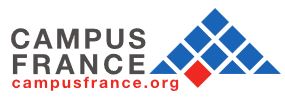 Le LLING a bénéficié du Programme PHC franco-néerlandais Van Gogh (2014) : A Crosslinguistic Perspective on Children's Acquisition of Grammar-Meaning Interfaces (collaboration bilatérale entre le LLING et le Groningen Center for Language and Cognition (CLCG), dirigé par Angeliek van Hout), qui a donné lieu au projet GraMALL.
Le LLING a bénéficié du Programme PHC franco-néerlandais Van Gogh (2014) : A Crosslinguistic Perspective on Children's Acquisition of Grammar-Meaning Interfaces (collaboration bilatérale entre le LLING et le Groningen Center for Language and Cognition (CLCG), dirigé par Angeliek van Hout), qui a donné lieu au projet GraMALL.

